The minimum wage is hotly debated in the United States. This election year, we explore the potential impacts of raising the federal minimum wage.
Minimum Wage Has Not Changed in 15 Years

While some states have opted to increase the minimum wage on a regional level, the federal minimum wage has remained at $7.25 per hour since 2009.
Nationwide Debate on Raising Minimum Wage

As more families begin to struggle financially as a result of the rising cost of living and stagnant wages, the debate over whether to increase the federal minimum wage rages on.
Especially in a presidential election year, wages are a contentious political topic.
$7.25 Not Enough for Americans to Survive On

In the United States, the minimum wage is not considered a living wage. There are no states where the cost of living is manageable at $7.25 an hour.
At a full-time schedule of 40 hours per week, the annual income is a mere $15,080. The federal poverty level for an individual in 2023 was $14,580.
Tracking Inflation
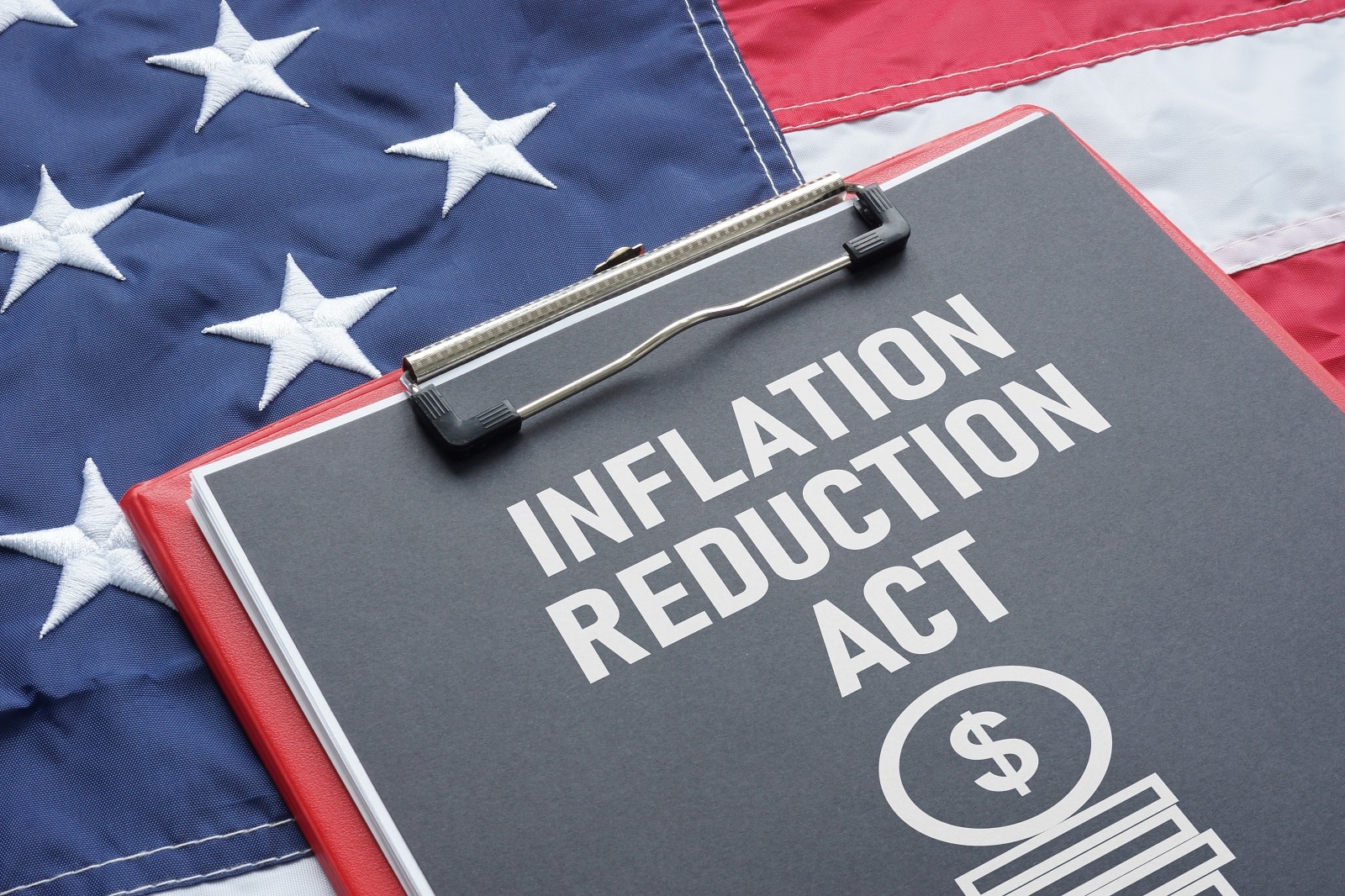
If the minimum wage had kept up with inflation, it would be well over $20 per hour, but even the state with the highest minimum wage in the country (Washington) only sets the state requirement at $16.28 per hour. (Washington, D.C. has a $17.00 minimum wage.)
Many States Set Their Own Minimums
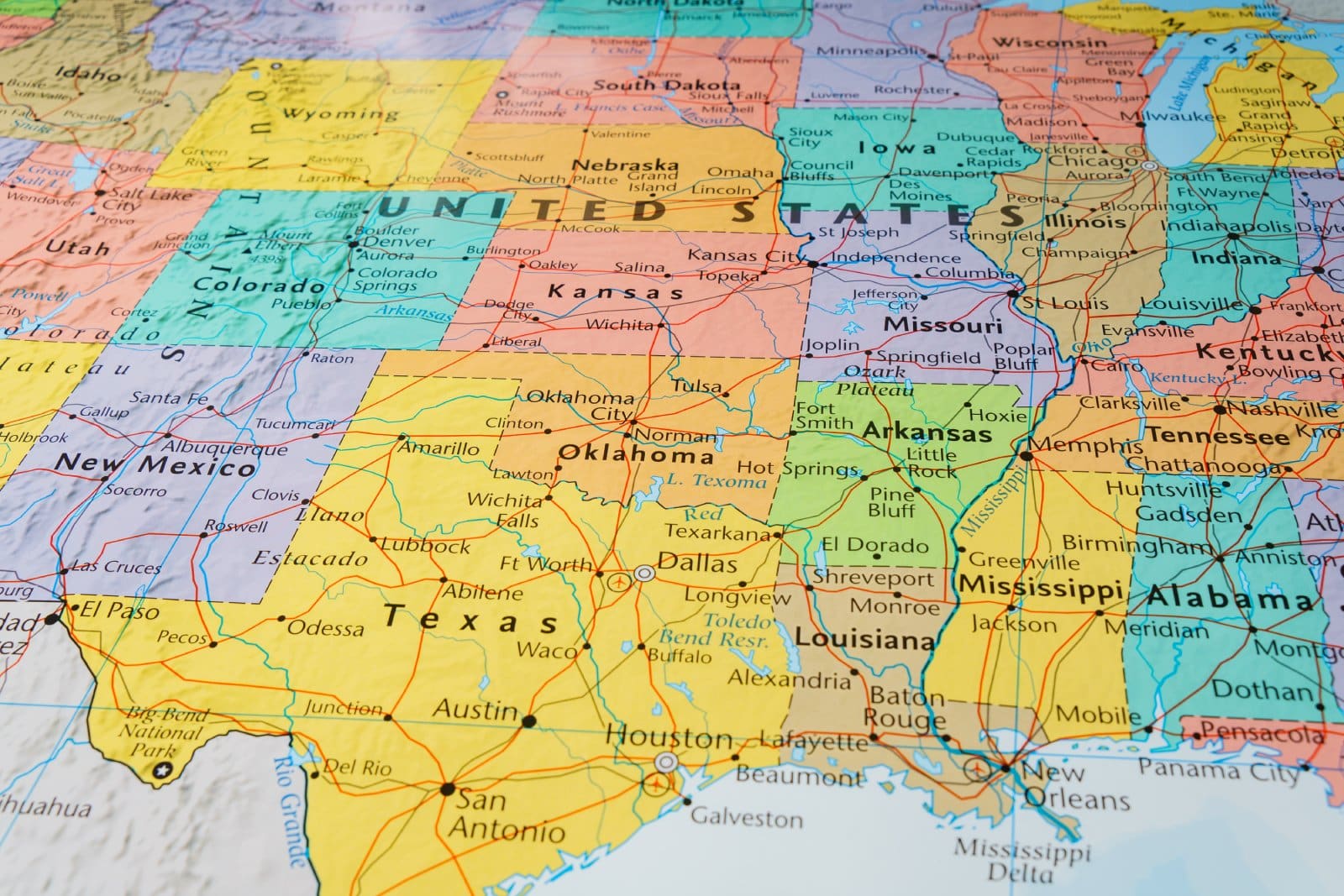
Thirty states throughout the country (plus the District of Columbia) have set minimum wages higher than the federal requirement, but none are high enough to support a family.
Cost of Living Compared to Minimum Wage

For perspective, the average cost of daycare in the United States is $12,120 per year. Assuming a 12% tax rate for the minimum wage worker puts daycare costs at 91% of the net income of a single parent making $7.25 an hour.
The argument for increasing the federal minimum wage is largely based on the reality that it is currently not a sustainable income level for any American.
Arguments Against Wage Increases Not Backed by Evidence

However, there is fierce debate about the issue, with some believing that raising the minimum wage would have a negative impact on employment rates.
This is because there is a belief that businesses would employ fewer people if it were more expensive to hire them.
Employment Rates Do Not Seem to Suffer When Wages Increase
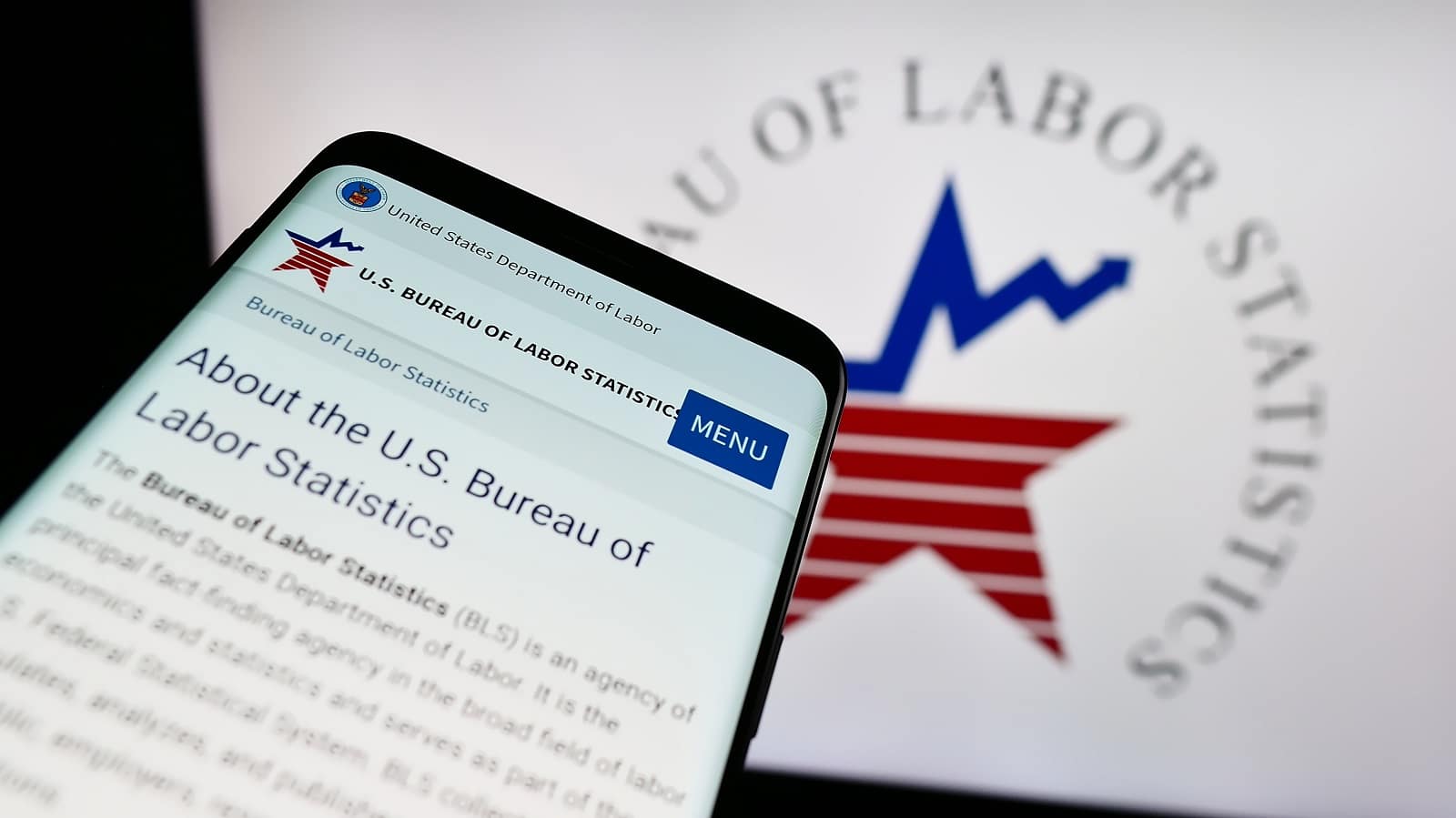
That said, there is little evidence to back up this claim. According to the Bureau of Labor Statistics, multiple studies have concluded the same thing: there is not much impact on employment rates when the minimum wage is increased.
Brief History of the Minimum Wage

Back in 1938, the country set its minimum wage at twenty-five cents an hour. This happened under President Franklin D. Roosevelt, who said at the time that any wage should be enough to comfortably cover the cost of living.
“A self-supporting and self-respecting democracy can plead…no economic reason for chiseling workers’ wages or stretching workers’ hours,” Roosevelt told Congress in 1937.
Roosevelt’s Hope During the Depression

In the 1930s, the United States was in the thick of the Great Depression, and Roosevelt’s hope was that establishing a minimum wage would boost the economy in more ways than one.
Wage Increases Meant to Bolster Purchasing Power

“I am fully aware that wage increases will eventually raise costs, but I ask that managements give first consideration to the improvement of operating figures by greatly increased sales to be expected from the rising purchasing power of the public,” said Roosevelt in 1933.
Far-Reaching Economic Impacts

This argument persists today – that an increased minimum wage would empower workers to spend more money in their local economies, benefitting businesses as well as employees.
A Nation in Poverty

As of data from 2022, 38 million Americans were living under the poverty line, accounting for nearly 12 per cent of the country. Nine million of those are children.
Inflation’s Impact on Purchasing Power

Experts worry that purchasing power is diminished every year in which inflation continues to rise and that without systemic changes, more people will fall under the poverty line each year.
Wage Increases for All Levels
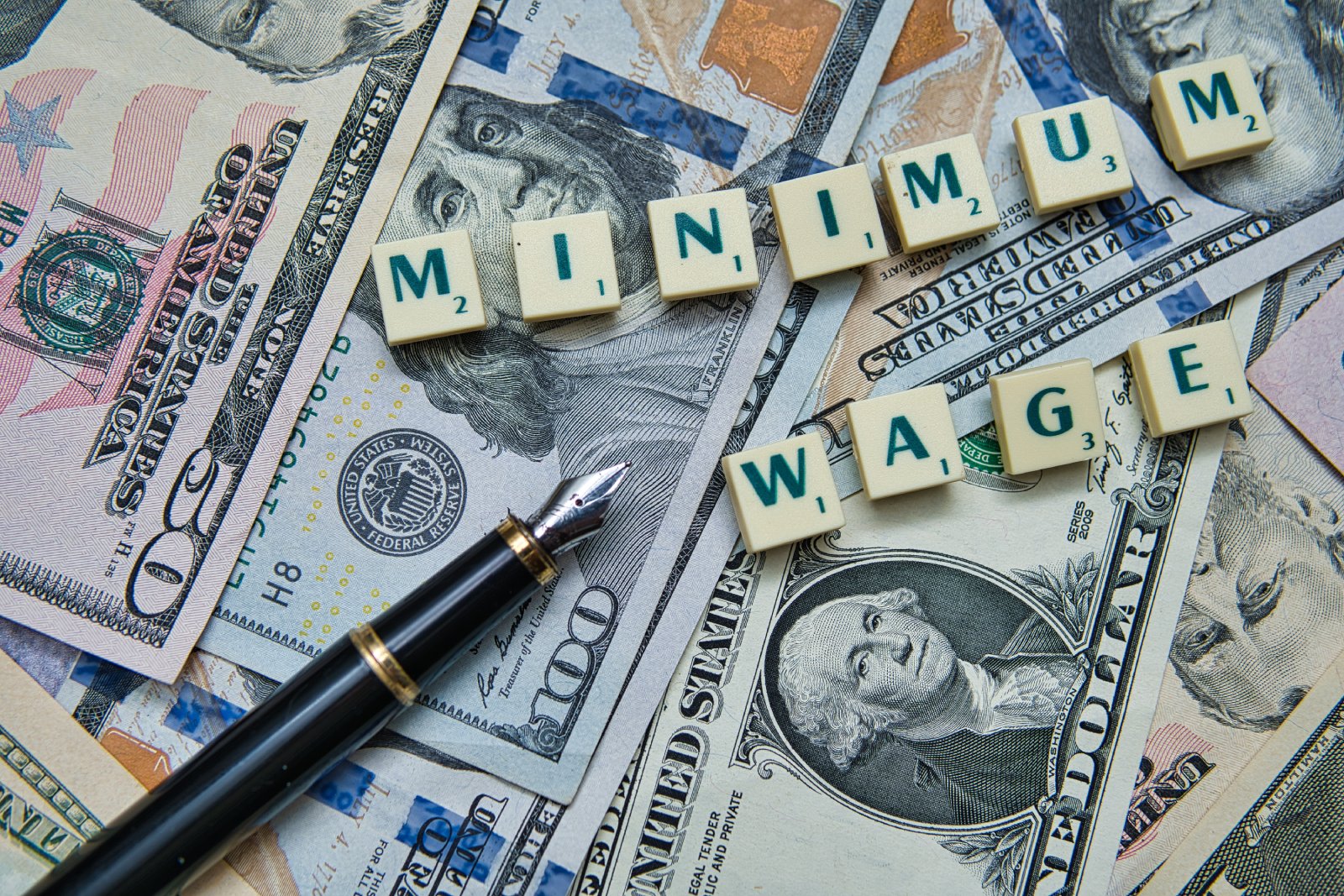
On the other hand, some argue that if the minimum wage increases, higher-paid workers will also demand raises, eventually making it impossible for businesses to keep up with the cost of labor.
Will a Minimum Wage Increase Also Raise Prices?

They also have concerns that for every dollar the minimum wage is increased, the price of goods and services will also have to go up so that businesses can afford the changes.
A Heated Political Issue
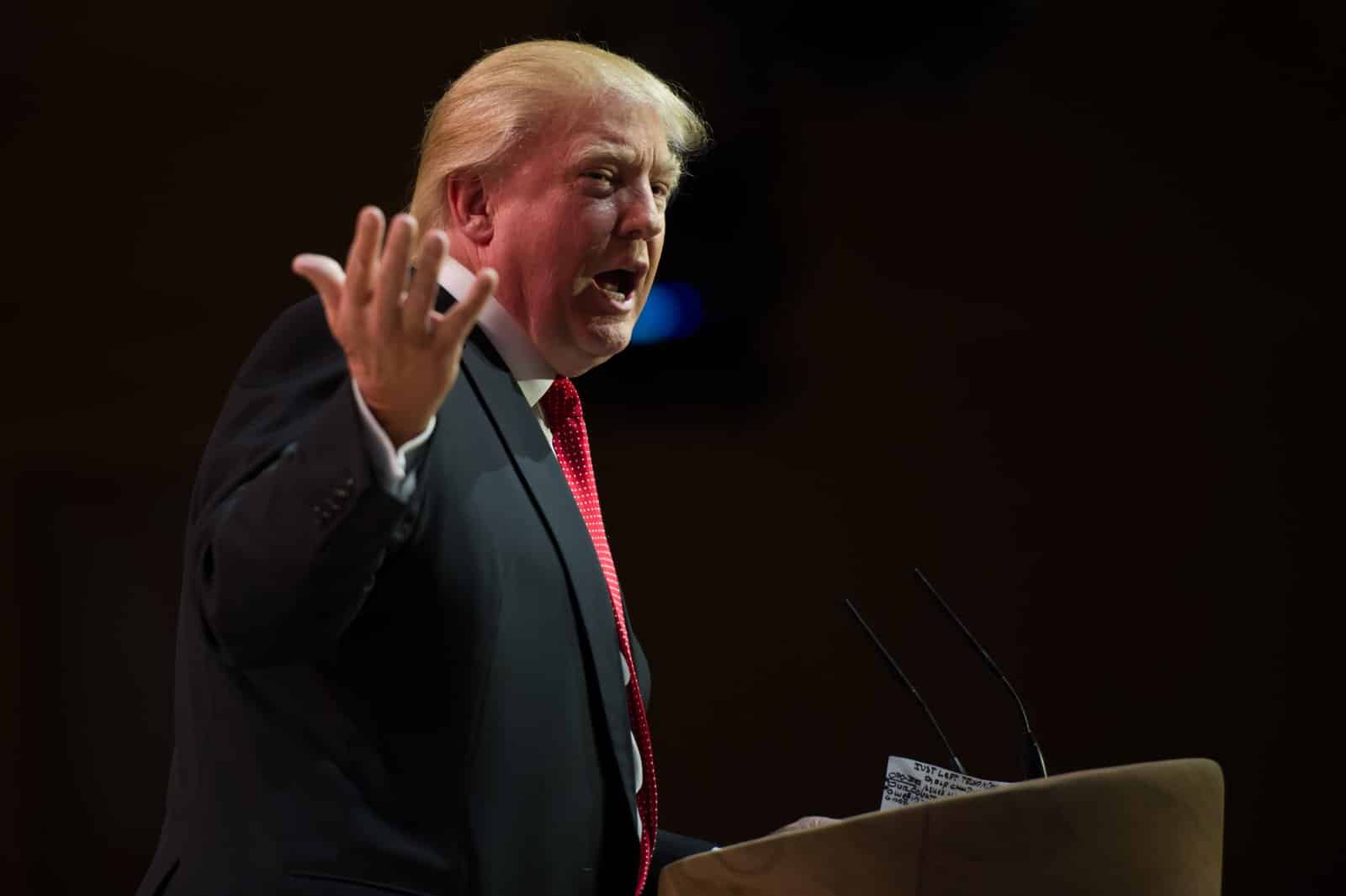
As the presidential race for 2024 heats up, voters look to their candidates to represent them on the issue of wages.
Donald Trump has said previously that he is not opposed to a $15 per hour minimum wage but has made comments against an increase.
The Candidates’ Positions

“How are you helping your small businesses when you’re forcing wages?” Trump posited during a 2020 presidential debate.
“What’s going to happen, and what’s been proven to happen, is when you do that, these small businesses fire many of their employees.”
Trump’s claim has not been proven, but the sentiment is echoed by many of his supporters.
Biden’s Failed Attempts
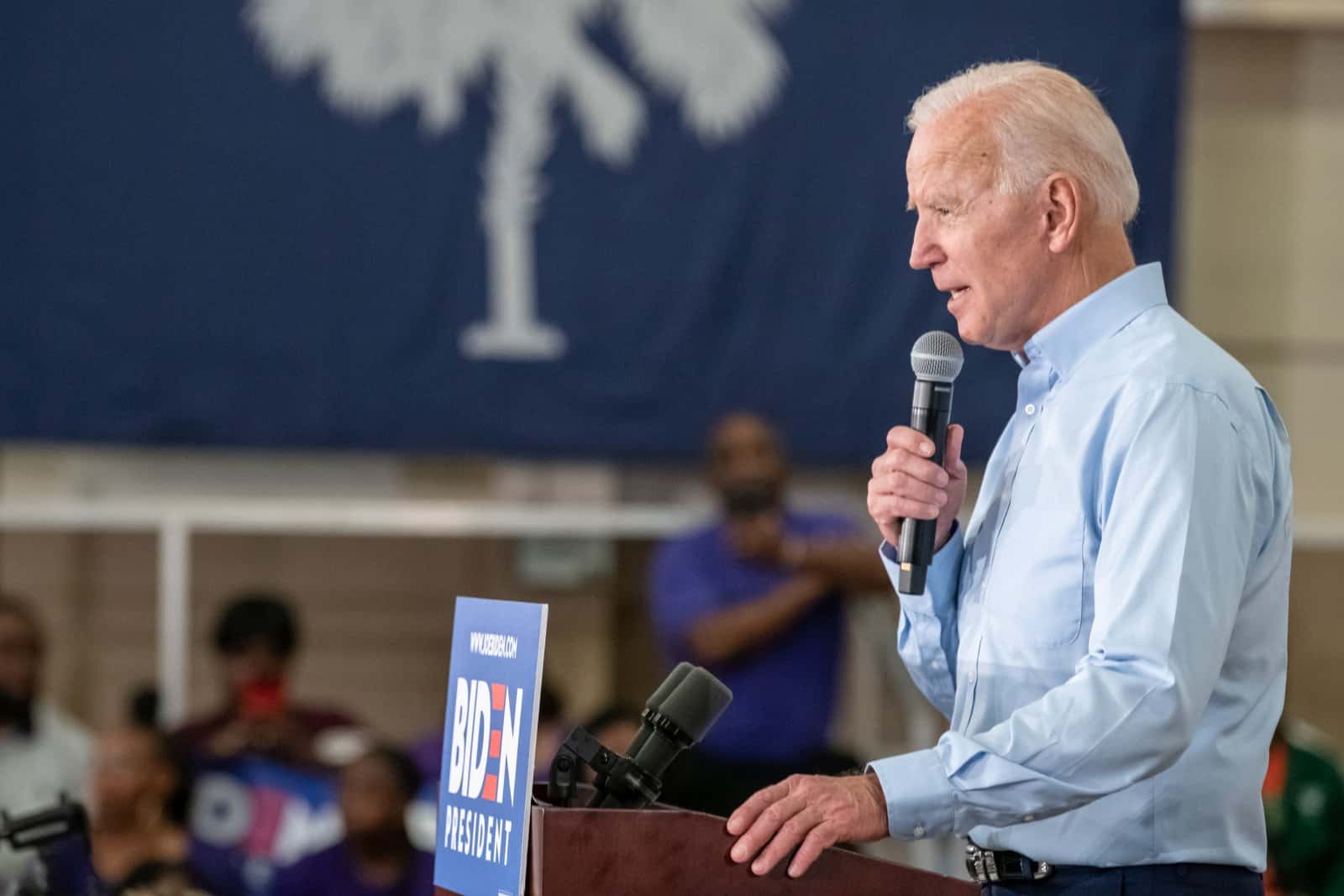
Meanwhile, President Biden has attempted to raise the minimum wage for government contractors. A federal judge blocked this measure, however.
Biden says he hopes Congress will “raise the federal minimum wage to $15 an hour, so that American workers can have a job that delivers dignity.”
Ongoing Debates

As the debate over whether to increase the minimum wage continues, more Americans dip below the poverty line while working for $7.25 per hour. Whether this issue will be resolved after the election remains to be seen.
The post Minimum Wage Stuck at $7.25 per Hour—Time for Change, Say Politicians first appeared on Swift Feed.
Featured Image Credit: Shutterstock / metodej.
The content of this article is for informational purposes only and does not constitute or replace professional financial advice.

